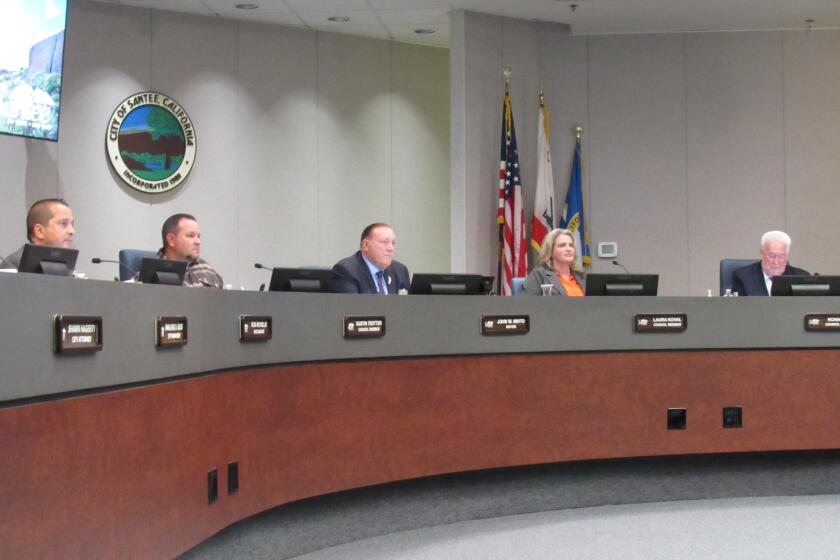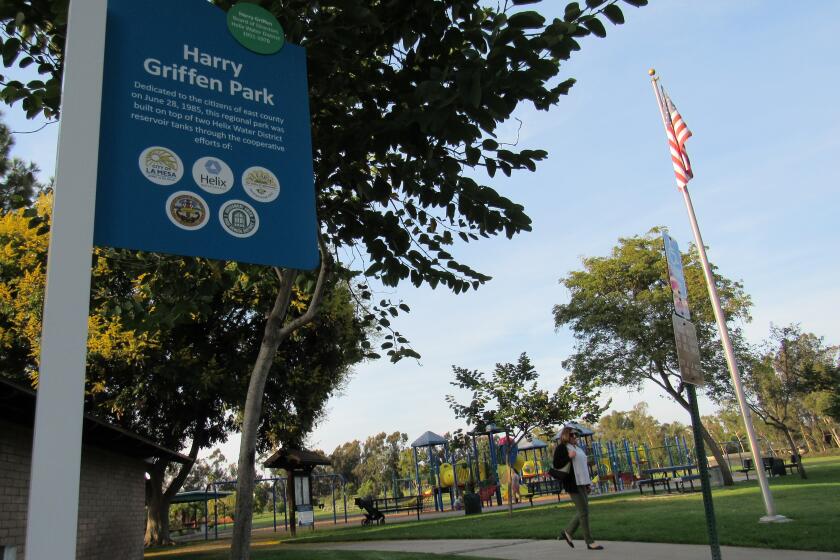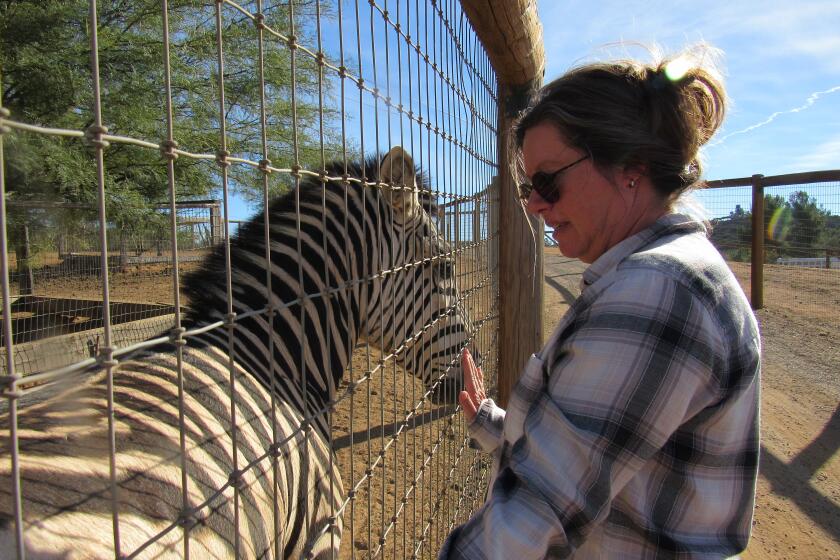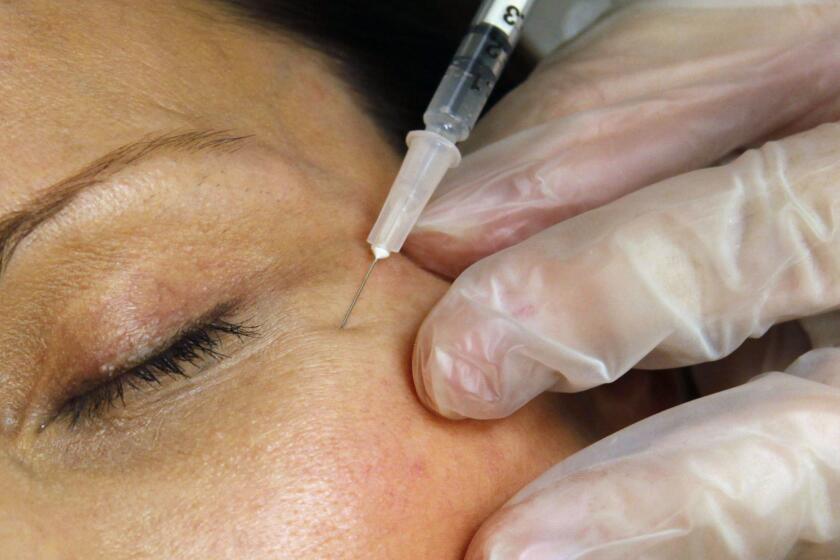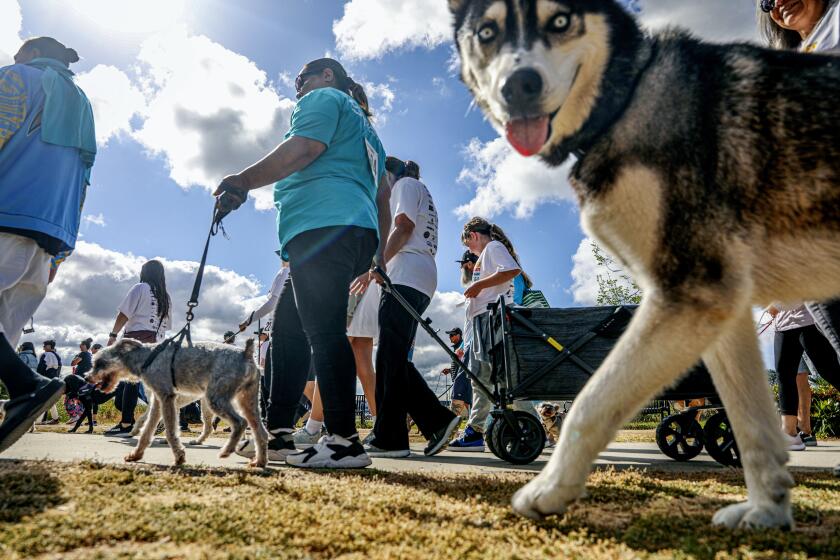Working cats looking for new places to get down to business
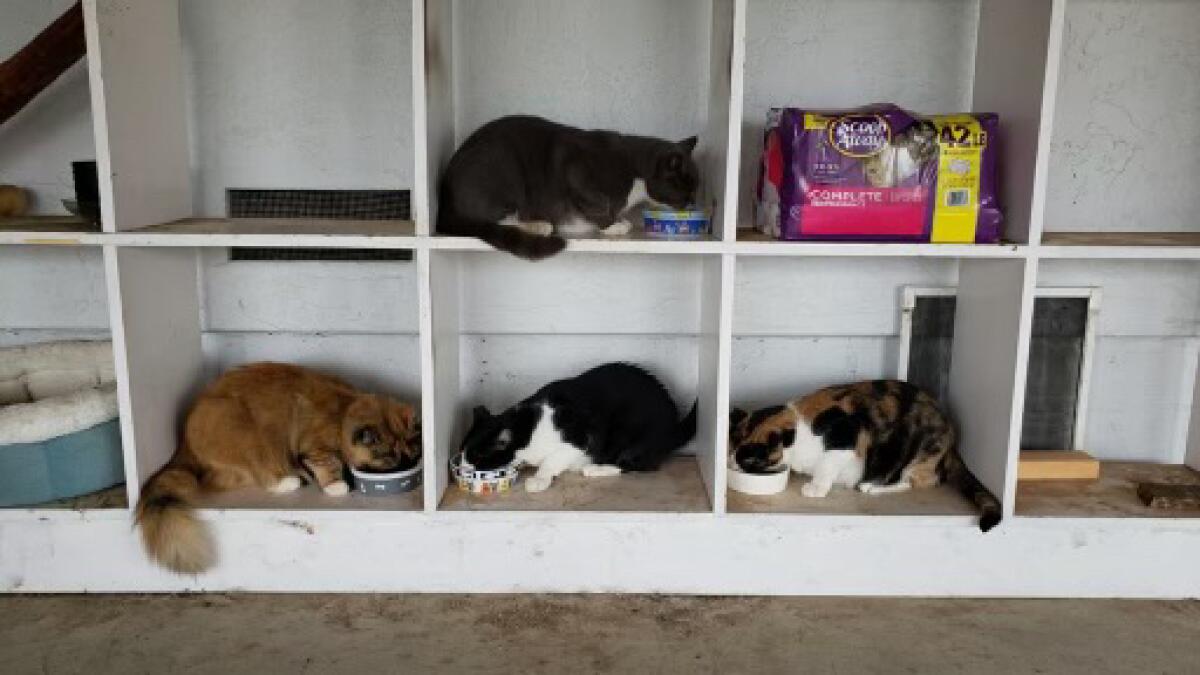
Cats that are shy can do well as pest control
The San Diego County Department of Animal Services has begun a campaign to find new digs for felines they are classifying as “working cats” — those who act less like companion animals and more like business partners.
These working cats provide rodent control, living inside buildings, barns and business places, working to get rid of pests.
Kelly Campbell, the director of Animal Services, said the county has moved away from euthanasia of adoptable animals. That includes cats that have been rescued out of hoarding situations, were formerly in places were they weren’t properly socialized or those who may be shy around people.
Some cats that the county takes in have never had any human bonding and are unable to be socialized to live well in people’s homes.
She said that while many of these types of cats that Animal Services takes in are not the best candidates for adoption into a house or apartment, they are perfectly suited for labor. These working cats can segue into new lives as agents of pest control, ready and able to keep down the population of invasive rodents in larger spaces.
Animal Services staff members say that working cats often thrive in pairs, and find their comfort zones in enclosed places like barns, warehouses, churches and factories. They typically stay out of sight as long they have a safe space to go to.
Working cat programs have been successful in Los Angeles County, where the group Best Friends Animal Society teams up with the county.
The San Diego Humane Society also has a working cat program, although its website notes that there is a waiting list for an appropriate labor-focused felines.
That is not the case with the county.
“We always have more undersocialized cats than (socialized),” Campbell said. “If we had a waiting list, that would be a good problem to have.”
Campbell said that the county has worked with feral cats for sometime and have a handle on “TNR” — trap, neuter (or spay) and return — a process in which feral and free-roaming cats are caught in humane box traps, spayed/neutered and vaccinated and returned where they were found.
But she said some of cats the group takes in are unable to acclimate to life outside or in fields. They can’t fend for themselves, and those are some of the ones that would do well as working cats.
Animal Services will waive the adoption fees for the working cats, which will be fully vetted, spay/neutered, microchipped and ready for activity.
In exchange for the non-chemical, organic pest control cats, interested businesses or property owners will be responsible for things like keeping the cats in a secure, dry shelter with easy access to the outdoors; leaving out a daily supply of cat food and fresh water; monitoring safety and providing for the well-being of the cats; and having the ability to trap the cats if injured or ill to take them for veterinary care.
Get Essential San Diego, weekday mornings
Get top headlines from the Union-Tribune in your inbox weekday mornings, including top news, local, sports, business, entertainment and opinion.
You may occasionally receive promotional content from the San Diego Union-Tribune.



